In today’s rapidly evolving world, technology has become an indispensable part of our lives, and its influence on the healthcare industry is undeniable. Emerging health technologies are revolutionizing the way we approach healthcare, offering innovative solutions to longstanding challenges. From telemedicine and artificial intelligence (AI) to wearable devices and genomics, these advancements are paving the way for a healthier and more efficient future. In this article, we will explore some of the most promising emerging health technologies and their potential to transform the healthcare landscape.
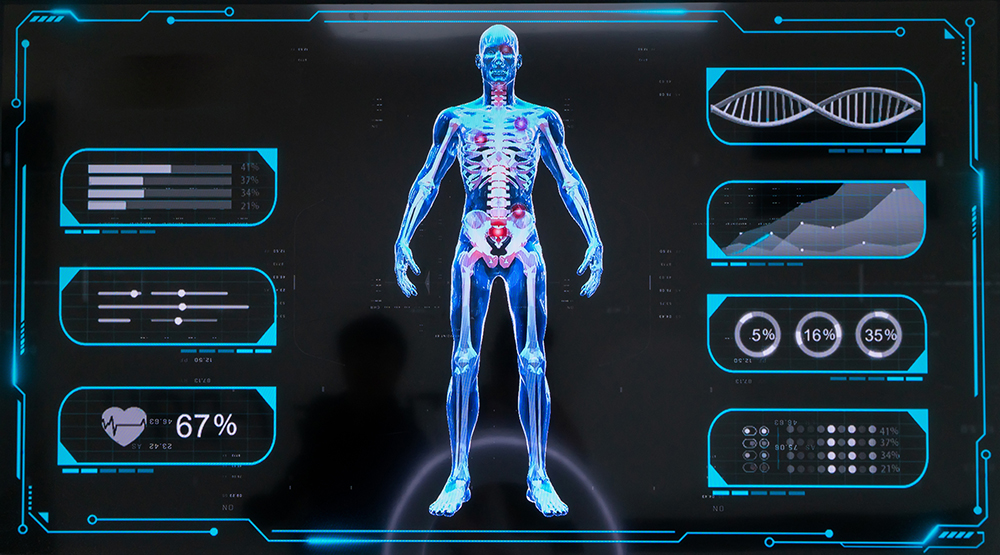
- Telemedicine and Telehealth
Telemedicine and telehealth have gained significant prominence in recent years, particularly during the COVID-19 pandemic. These technologies allow patients to receive medical consultations and treatment remotely, breaking down geographical barriers and increasing access to healthcare. Telehealth encompasses a wide range of services, including video consultations, remote monitoring, and electronic health records (EHRs). As the technology continues to improve, it has the potential to reduce healthcare costs, enhance patient outcomes, and provide timely care in emergencies.

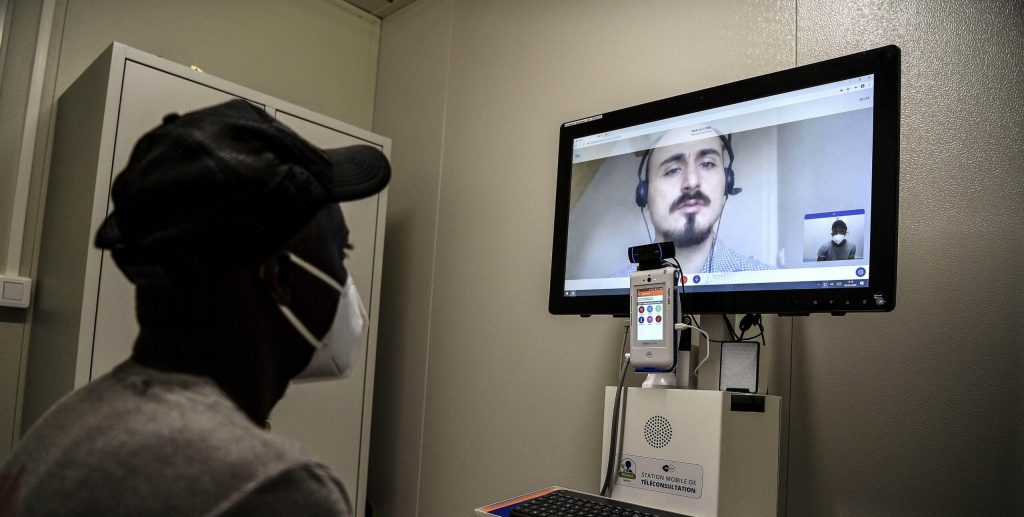

- Artificial Intelligence (AI) in Healthcare
AI is playing a pivotal role in transforming healthcare by analyzing vast amounts of medical data quickly and accurately. Machine learning algorithms can predict disease outcomes, assist in diagnostics, and personalize treatment plans. For example, IBM’s Watson Health is being used to identify cancerous tumors in medical images, while AI-driven chatbots offer patients quick access to information and assistance. AI’s ability to process data at scale is invaluable in the quest for more effective treatments and improved patient care.
Watch video below to see how AI is being used in hospitals for patient care
- Wearable Health Devices
Wearable health devices like smartwatches and fitness trackers have become mainstream, encouraging people to take charge of their well-being. These devices monitor various health parameters such as heart rate, sleep patterns, and activity levels. Some even offer ECG and blood pressure monitoring. The data collected can be shared with healthcare providers, enabling them to track patients’ health in real-time and make informed decisions. Wearable health technology empowers individuals to lead healthier lives and can aid in the early detection of health issues.
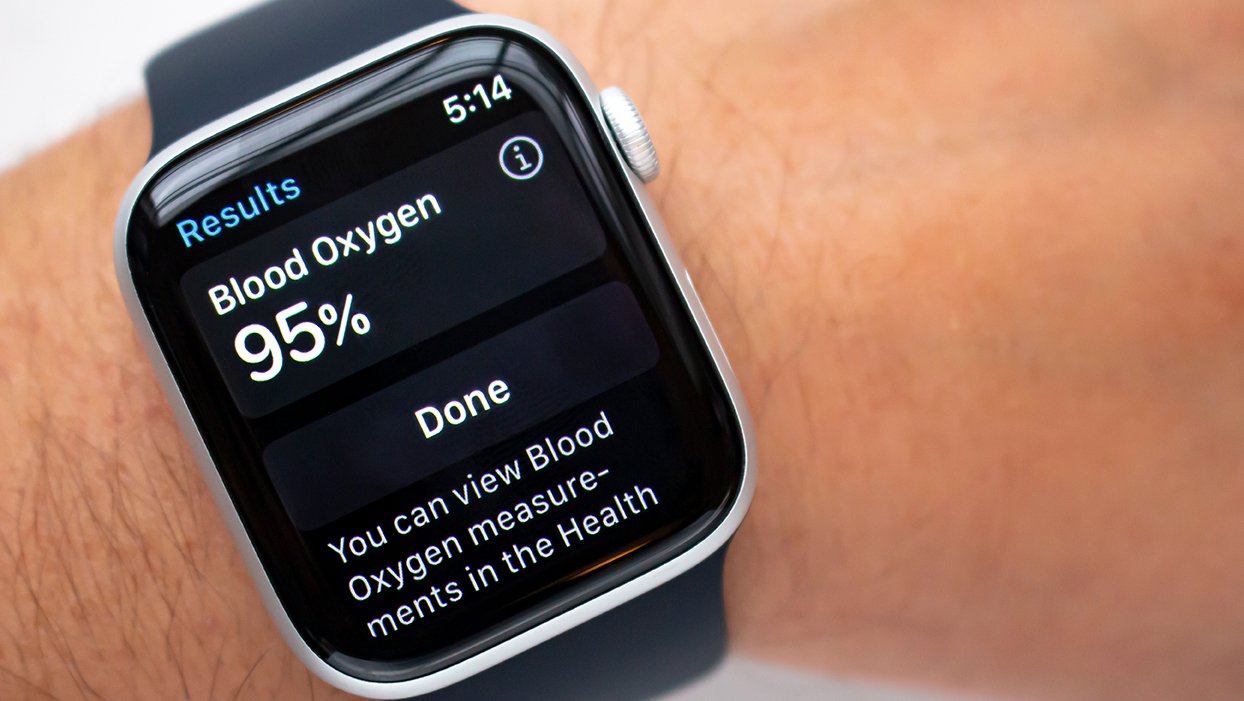
- Genomics and Personalized Medicine
The field of genomics has witnessed remarkable advancements in recent years. The ability to sequence an individual’s entire genome has opened the door to personalized medicine. By analyzing an individual’s genetic makeup, healthcare providers can tailor treatment plans to a patient’s specific needs. This not only increases the likelihood of treatment success but also reduces adverse effects. Genomic information can also be used to predict a person’s susceptibility to certain diseases, allowing for preventive measures to be taken.

- 3D Printing in Healthcare
3D printing technology is making waves in healthcare by producing custom implants, prosthetics, and even pharmaceuticals. This technology enables the creation of patient-specific medical devices, reducing the risk of rejection or complications. Surgeons can also practice complex procedures on 3D-printed models, increasing surgical precision and patient safety. As 3D printing becomes more accessible and affordable, it has the potential to revolutionize the manufacturing and customization of healthcare products.
- Virtual Reality (VR) and Augmented Reality (AR)
Virtual reality and augmented reality are finding applications in healthcare education, therapy, and even surgery. Medical students can now immerse themselves in realistic simulations, allowing for hands-on learning experiences without the need for cadavers. In therapy, VR is used to treat conditions such as post-traumatic stress disorder (PTSD) and anxiety by exposing patients to controlled environments. In surgery, AR can provide surgeons with real-time data and guidance during complex procedures, improving accuracy and patient outcomes.

- Blockchain for Healthcare
Blockchain technology is enhancing security and transparency in healthcare data management. Patient records, clinical trials, and drug supply chains can all benefit from blockchain’s decentralized and tamper-resistant nature. Patients have greater control over their health data, and healthcare providers can ensure the integrity and confidentiality of sensitive information. Blockchain also streamlines administrative processes and reduces fraudulent activities in healthcare billing.
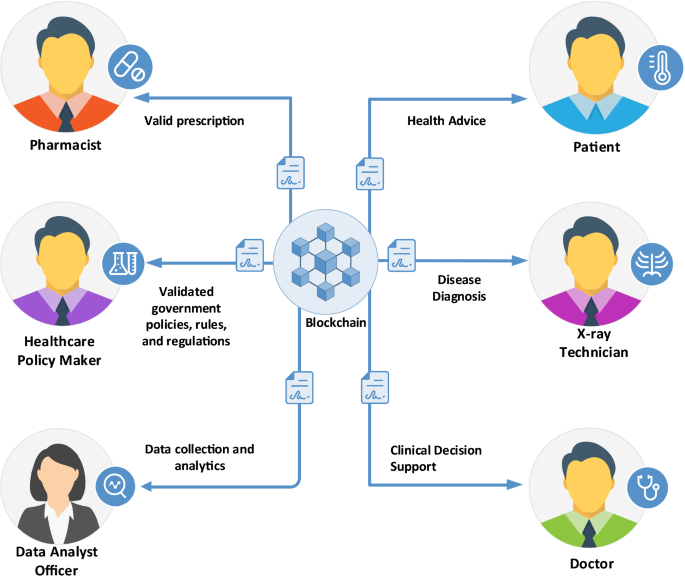
Conclusion
Emerging health technologies are reshaping the healthcare landscape, offering unprecedented opportunities for improved patient care, cost savings, and medical advancements. Telemedicine, AI, wearable devices, genomics, 3D printing, VR, AR, and blockchain are just a few examples of the transformative technologies that hold the promise of a healthier and more efficient future. As these innovations continue to evolve, it is imperative for healthcare professionals, policymakers, and society as a whole to embrace and adapt to the changing face of healthcare. By doing so, we can harness the full potential of emerging health technologies and ensure a brighter and healthier tomorrow for all.
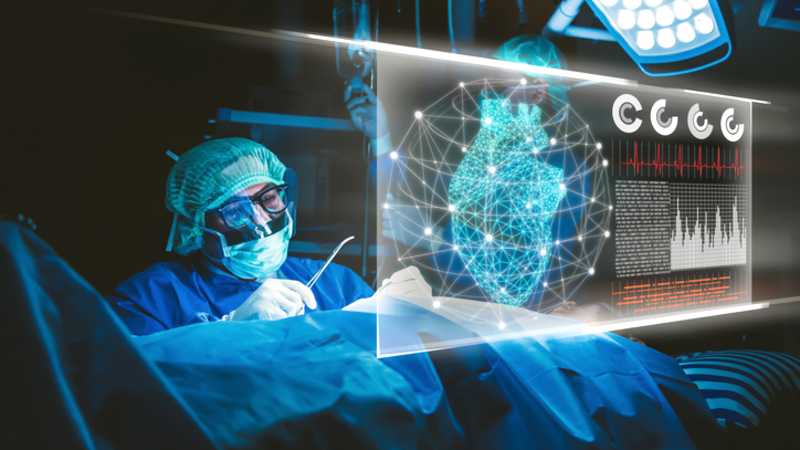
Leave a Reply